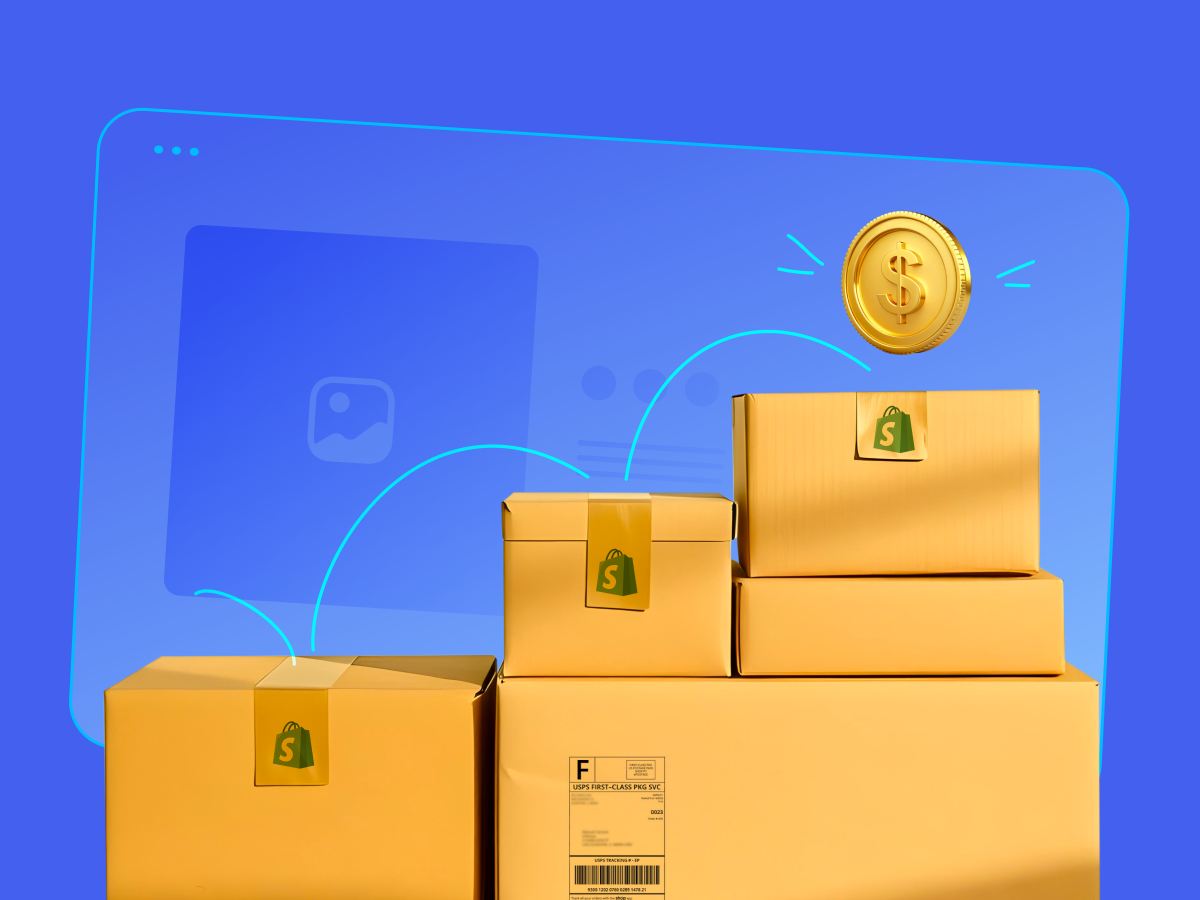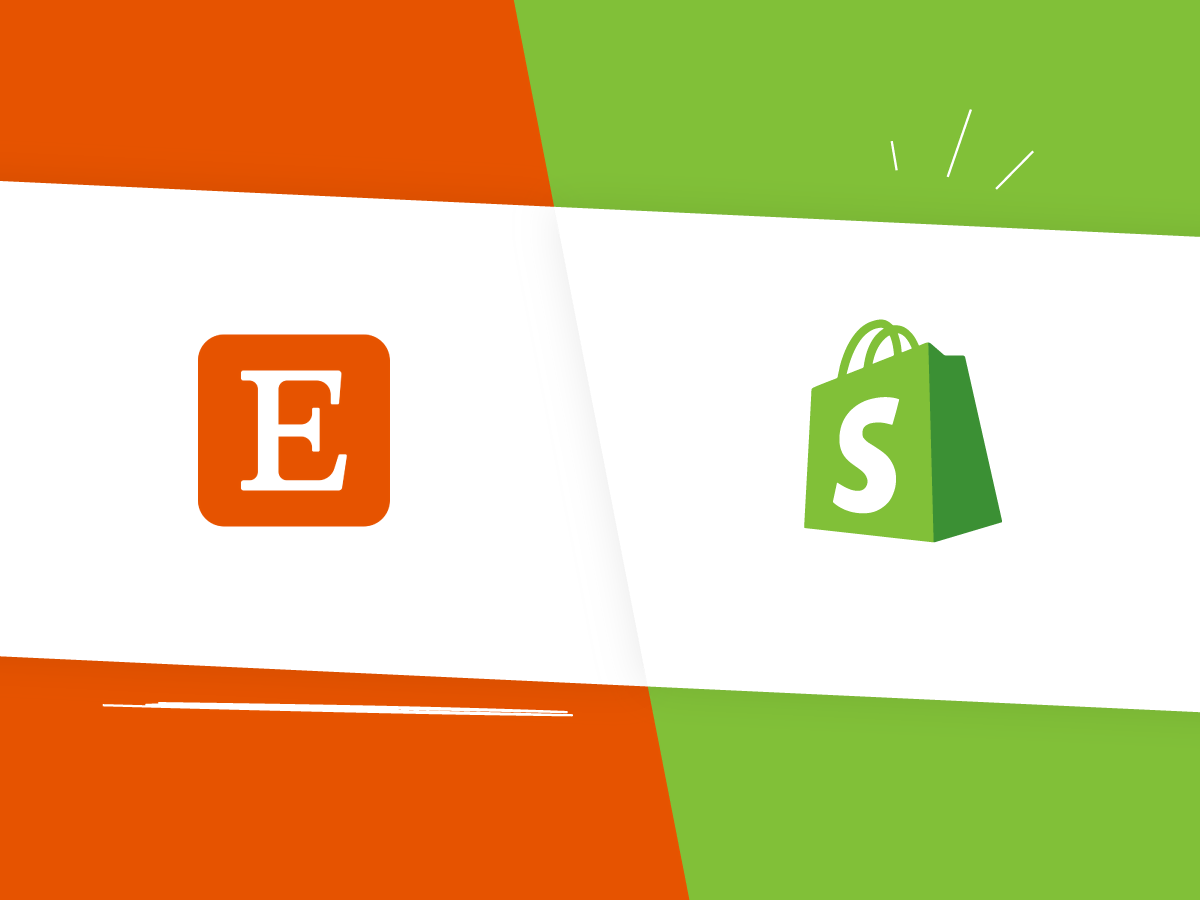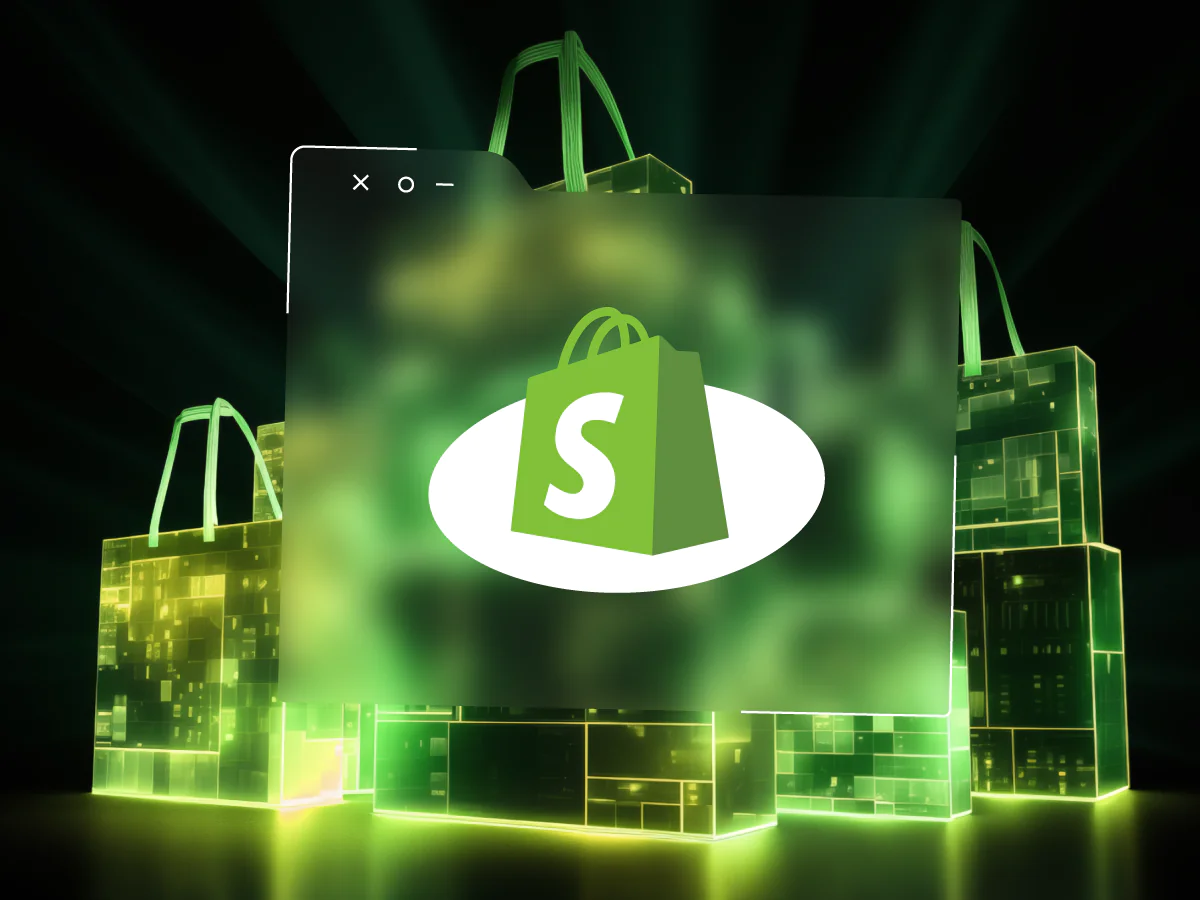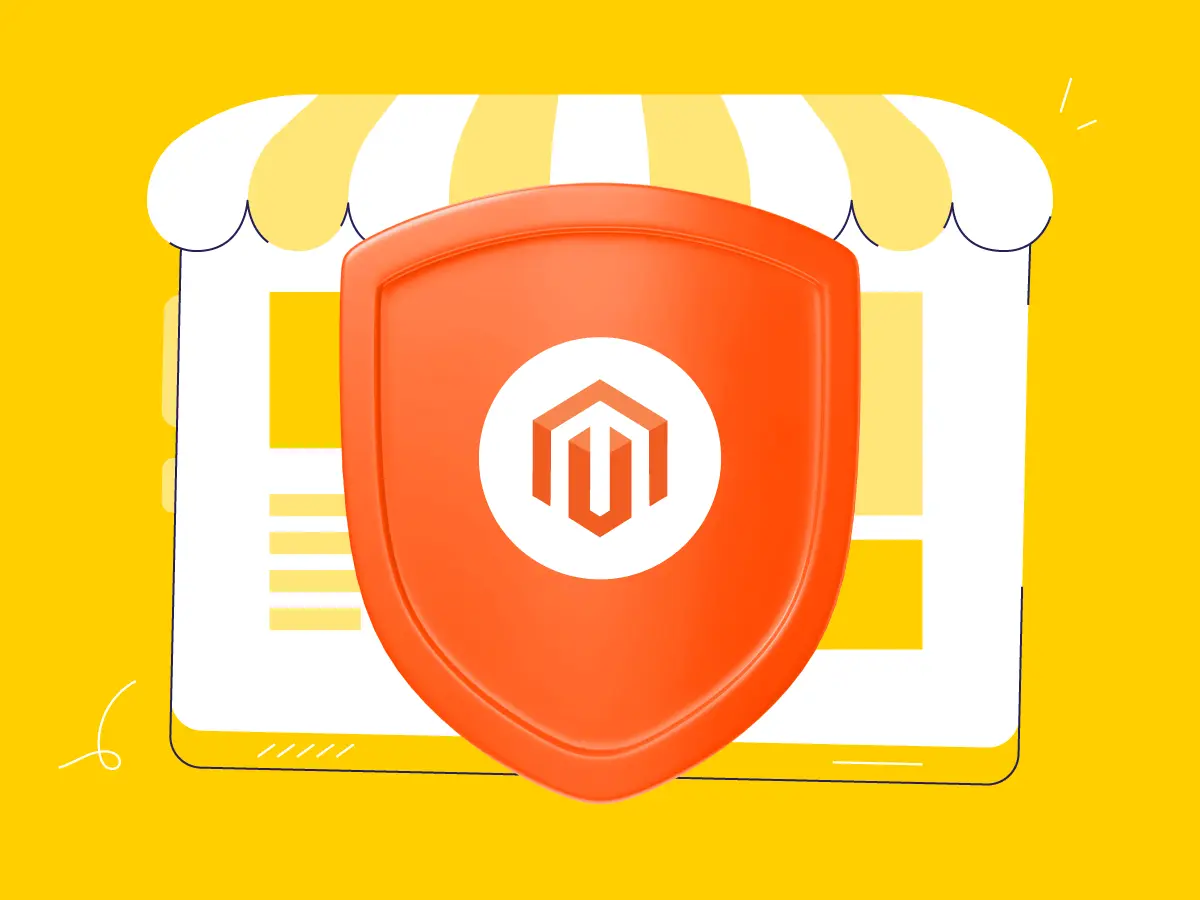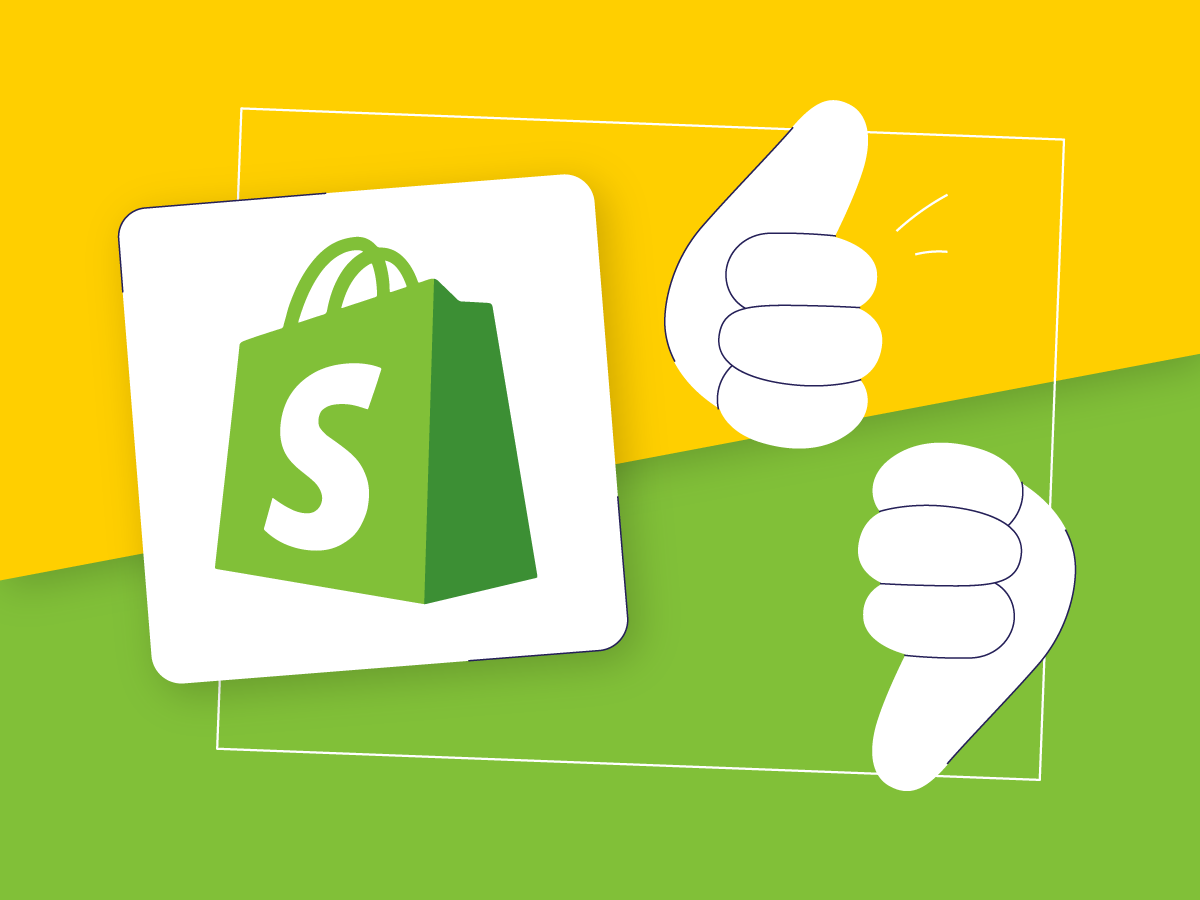Choosing between Etsy vs. Shopify for your online business? Both platforms offer unique strengths. Thus, your choice depends on your business model, product type, and long-term goals.
In this article, we dive into what sets Etsy and Shopify apart. We aim to help you determine which platform fits your business dreams best. We’ll look at how each option matches your current needs and future plans, making it easier for you to choose wisely for your business.
What’s the difference between selling on Shopify vs. Etsy?
Both platforms have their strengths and areas where they might not be the best fit.
Etsy
With over 95 million active buyers, Etsy is more like joining a big online market, similar to Amazon. Setting up a shop on Etsy is like renting a booth in a large marketplace. You list your products, hoping to catch the eye of Etsy’s shoppers. Etsy is known for its focus on unique, handmade, or vintage items.
Etsy is like an online craft fair, with unique finds ranging from handcrafted jewelry to vintage furniture. It’s the go-to platform for creatives, artisans, and anyone with a flair for the unique.
The charm of Etsy lies in its focus. It’s about being part of a community that values creativity and craftsmanship. For sellers, this means tapping into a built-in customer base eager for products with a personal touch.
Shopify
Shopify is a comprehensive e-commerce platform. It lets you create your own independent online stores. It provides a wide range of tools to sell both digital and physical products. Shopify is designed for businesses of all sizes, from small startups to large enterprises.
It reminds a toolbox with everything you need to display your products, analyze your sales data, and keep an eye on orders. It’s a platform that scales with you, from your first sale to your millionth.
Shopify excels in giving users control and flexibility. You can customize your store’s look, manage inventory, process payments, and dive into analytics to fine-tune your strategy. It’s designed for everyone, from budding entrepreneurs to established brands looking to expand online.
Check out our dedicated blog article to learn more about Shopify’s pros and cons.
Comparison of pros and cons of Etsy vs. Shopify
Choosing what is better Etsy or Shopify for your online store can feel daunting. In this section, we’ll break down the pros and cons of each platform, giving you a clearer picture of which one aligns better with your business goals and operational style.
Ease of use
When it comes to setting up shop online, ease of use is a big deal. You want to spend more time creating or sourcing your products and less time wrestling with your online store’s setup, right? Let’s compare Etsy vs. Shopify on this front.
Etsy
Etsy is pretty much the definition of straightforward when you’re looking to sell online. It’s like setting up a stall at a market: you just show up, set up your products, and start selling. Here’s why Etsy is extremely user-friendly:
- Simple setup. Creating a shop on Etsy is as easy as creating a profile, naming your shop, stocking your digital shelves with products, and adding your payment details. That’s it.
- Guided process. Etsy guides you through each step, offering help with choosing a shop name and even suggesting what to do if your preferred name is taken.
- Focus on products. You don’t need to worry about designing a whole website. Just focus on your product listings and descriptions. Etsy’s platform takes care of the rest.
Here’s what a step-by-step Etsy shop setup looks like:
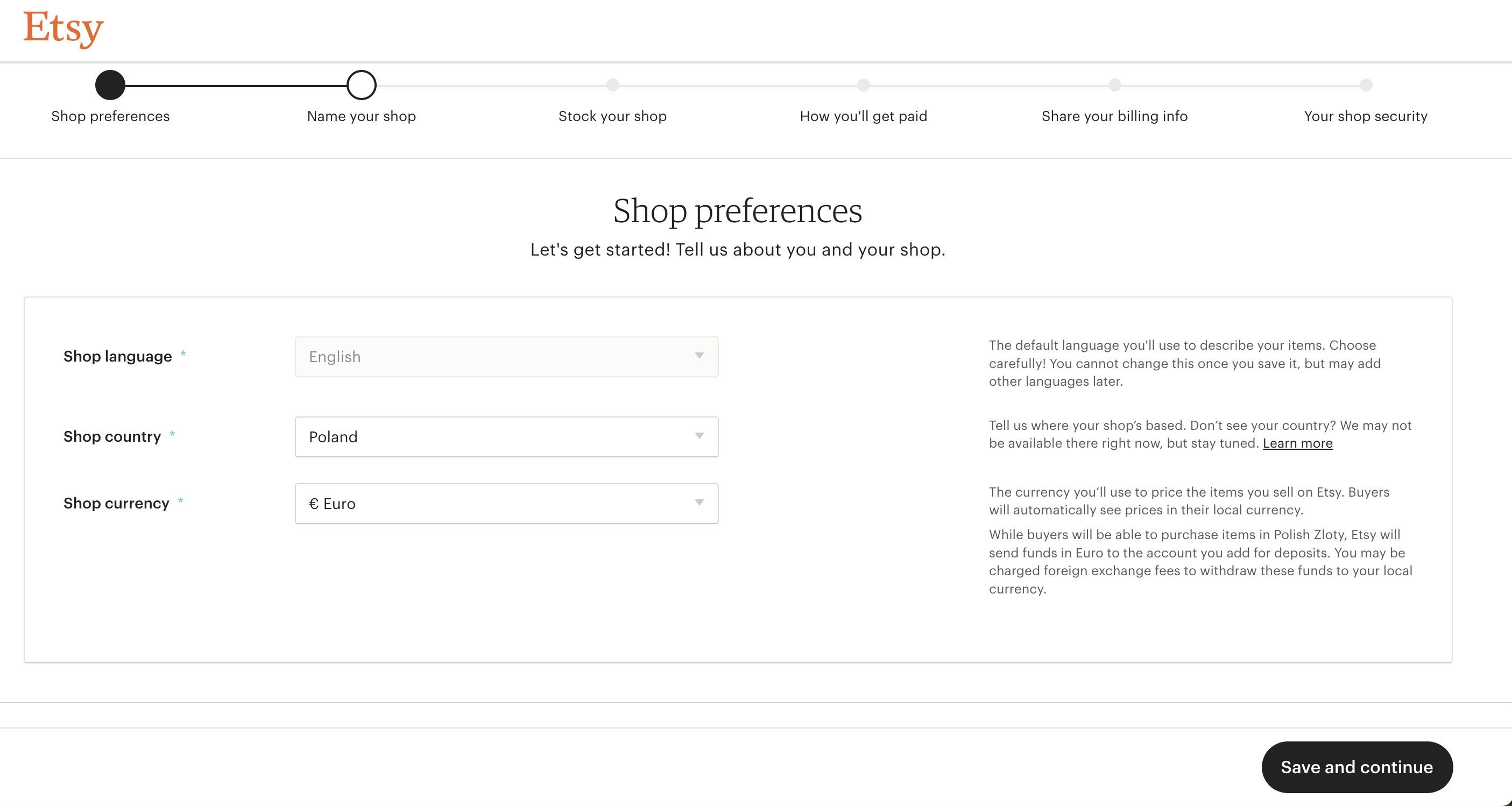
Etsy is designed for those who want to get up and running fast without getting bogged down in technical details. It’s perfect if you’re starting out and want to focus on selling rather than building a website.
Shopify
Shopify, while slightly more complex than Etsy due to its broader customization options, still shines in terms of user-friendliness. Here’s how Shopify makes setting up your online store a smooth experience:
Shopify is for those who might have a bit more ambition for their online store’s design and functionality, but still want a straightforward path to launch.
Customization and branding
When it comes to setting up your online shop, how much you can make it “yours” — from the look and feel to the user experience — is crucial. That’s where customization and branding come into play. Let’s delve into what the difference between Etsy and Shopify is in this department.
Shop customization options on Etsy
Etsy keeps things cozy and simple. Imagine moving into a furnished apartment; it’s nice, it has everything you need, but there’s only so much you can change. Here’s what Etsy offers:
- Basic customization. You can add your shop logo and banner. It adds a personal touch but within a predefined space.
- Shop policies. You can define your shop policies, giving your customers clarity on how you operate.
- Standard layout. All Etsy shops follow a standard layout. This ensures a consistent user experience across the marketplace but leaves little room for standing out through design.
Website design and branding capabilities on Shopify
Shopify hands you the blueprint and the tools to build your dream store. It’s like having an empty lot and a construction team at your disposal — you decide how to build your online presence. Here’s what you get with Shopify:
- Themes galore. Shopify offers over 180 themes on its official site, both free and paid. They serve as the foundation for your store’s design. However, you may still need to resort to expert help to tailor the themes to your needs.
- Deep customization. Through Shopify’s Liquid template language, you can dive deep into customization. Want a slide-out cart feature? Need custom product recommendation blocks? It’s all doable.
- Unique brand identity. With Shopify, you can craft a unique brand identity and customer experience, making your store’s UX design stand out in a crowded online marketplace.
If you’re focused on building a distinctive brand and creating a unique shopping experience from the ground up, Shopify is your go-to. It offers the flexibility and tools needed to make your online store truly yours.
Product listings and categories
How and where you list your products can make a big difference. Thus, the nuances of product listings and categories on Etsy and Shopify are extremely important for your store’s UX and your management process.
Types of products best suited for Etsy
Etsy’s charm comes from its focus on unique, handmade, vintage, and custom-made items. It’s a niche marketplace that caters to buyers looking for something special or personalized.
Etsy provides a straightforward, less technical approach to listing products. Thus, it’s suitable for individuals or small businesses focusing on niche markets. The process is simple, but you are limited by the platform’s structure and fees per item.
Shopify’s flexibility in product types and categories
Shopify shines with its flexibility, accommodating everything from digital products to large inventories of physical goods.
It offers more control and flexibility over how products are listed and categorized. That’s why it’s a better fit for businesses with diverse or large inventories.
Additionally, it offers more features to simplify the product management process. You can add different product types and categories, manage them in bulk, and add tags.
With the rise of Shopify AI solutions, it’s even easier to add products and manage your store. For instance, Shopify can generate product descriptions for you or perform bulk actions.
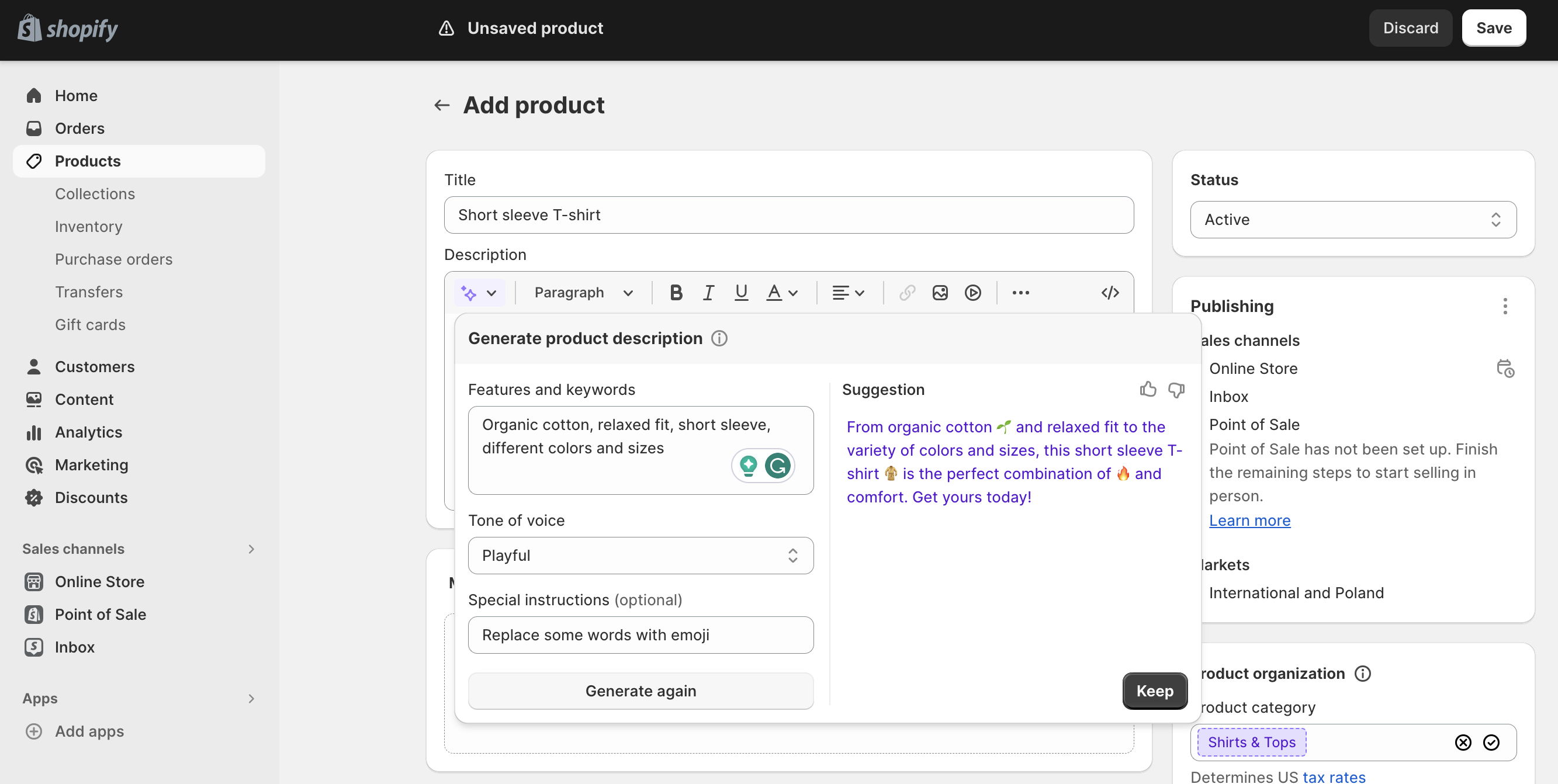
Pricing and payment processing
When it comes to selling on Shopify vs Etsy, the way you list your products and organize them into categories plays a crucial role. Let’s explore how each platform handles product listings and categories. So, you could navigate the differences and decide where your items fit best.
Etsy’s payment options
Etsy simplifies the transaction process through its payment system, Etsy Payments. It offers buyers a variety of payment options including credit cards, debit cards, and Etsy Gift Cards. Here’s the breakdown:
- Listing fees. Etsy charges a $0.20 fee per product listing, valid for four months.
- Transaction fees. Sales on Etsy are subject to a 6.5% transaction fee.
- Payment processing fees. Additionally, there’s a payment processing fee, which includes a fixed charge of $0.25 plus 3% of the sale price.
While Etsy doesn’t charge a monthly subscription fee for setting up a shop, the costs can accumulate, especially as your sales volume increases. For small-scale sellers, these fees are manageable, but they can start to pinch as your business grows.
Shopify’s payment solutions
Shopify’s pricing and fees is more straightforward but requires a commitment:
Shopify’s approach offers more flexibility in how you set up your store’s payment processing. While there are monthly costs to consider, the lower transaction fees can be more economical for businesses with higher sales volumes.
Marketing and SEO
Diving into the pros and cons of Etsy vs Shopify, marketing and SEO stand out as critical areas to consider for boosting your online presence.
Etsy’s built-in audience and marketing tools
Etsy’s charm lies in its community and built-in customer base. That’s why it’s an attractive platform for sellers of handmade, vintage, and unique goods. Here’s what you need to know:
- Built-in audience. Starting on Etsy means you have immediate access to a vast audience actively searching for unique and handmade items.
- Etsy SEO. While you can optimize your listings to rank higher within Etsy’s search engine (using keywords in your product titles, descriptions, and tags), your control over broader SEO tactics is limited. Your ability to stand out depends largely on following Etsy’s best practices for visibility.
- Marketing tools. Etsy offers promotional tools, such as Etsy Ads, which can increase your listings’ visibility within Etsy. However, your marketing efforts are mostly confined to the Etsy ecosystem.
If you’re looking for more control over your brand’s marketing and online presence, you might find Etsy’s options a bit limiting.
Shopify’s marketing and SEO features
Shopify shines when it comes to its marketing and SEO features. Here’s how:
- Advanced SEO features. Shopify allows for in-depth SEO strategies. These include customizing your store’s meta titles and descriptions, generating sitemaps, and even editing robots.txt files. This level of control helps you optimize your store for search engines outside of Shopify.
- Comprehensive marketing tools. With Shopify, you can integrate with a plethora of marketing platforms and tools. Shopify’s dashboard also offers detailed analytics to track the success of your marketing campaigns.
- Integrations. Shopify’s app store is filled with apps designed to enhance your marketing efforts. You can find there exactly what you need – SEO tools, social media integrations, etc.
If you want to leverage a wide array of marketing channels, Shopify offers the tools and flexibility for that.
Making the choice
Choosing between Etsy and Shopify hinges on your business model, the type of products you sell, and your long-term goals.
Who is it for?
What is better – Etsy or Shopify?
Etsy brings a built-in audience to your doorstep, but your success hinges on good customer feedback. Shopify, though, asks you to put in more effort at the beginning, like setting up your shop and drawing in customers.
However, Shopify gives you more control over your selling process. Some folks start on Etsy because of its immediate audience and later move to Shopify to grow their business and customer base further.
Here are some reasons why you might want to opt for Shopify for your online store:
- Fewer product restrictions – sell anything you want
- Design your store, your way with extensive customization
- Own your website domain name
- Easily expand with app integrations
- Sell face-to-face with the POS system
- Get round-the-clock support
Shopify development at Alva Commerce
Shopify demands more upfront effort and investment but offers greater flexibility and control. So, it’s perfectly suitable for serious sellers focused on long-term growth.
If Shopify has caught your eye as the platform to scale your business, our team at Alva Commerce is here to build a tailored store for your business.

Custom Shopify builds
Your shop won’t be like any other. Alva Commerce crafts your Shopify store to fit your unique needs and visions, ensuring it’s ready for growth.

Easy integrations
Need your Shopify store to talk to other systems like a CRM? Alva Commerce smooths those connections, streamlining your operations with our CRM development.

Boosted sales
More visitors are great, but more customers are better. We fine-tune your store’s design, structure, and checkout process to turn browsers into buyers.

Support that grows with you
As your business expands, your needs will change. Our team is there for the long haul, from adding new features to keeping up with the latest eCommerce trends.
Why Choose Alva Commerce for Shopify Development?
Selecting Shopify as your eCommerce platform positions you for growth and scalability. Partnering with Alva Commerce amplifies this potential. We combine Shopify’s powerful features with tailored development, integration, and optimization.
Whether you’re migrating to Shopify, looking to enhance an existing store, or starting a new venture, our team’s expertise in Shopify development can be the catalyst for achieving eCommerce success.
To wrap it up
Your choice boils down to your immediate needs and long-term goals. Etsy offers a supportive environment for small-scale sellers and creatives looking for a community of like-minded buyers. It’s user-friendly, with less emphasis on technical know-how.
Shopify, on the other hand, is for those with a vision for growth, offering a platform that grows with you. It provides the tools you need to expand your reach and streamline operations.
So, consider where you stand today and where you aim to be. If you’re starting small or selling as a hobby, Etsy is a wonderful launching pad. But if you’re setting sights on building a comprehensive online presence and scaling up, Shopify lays down the foundations for a solid eCommerce business.
Are you on the hunt for the perfect e-commerce platform for your business?
Our team strongly recommends Shopify, but we understand it may not be the right fit for everyone. To help you choose wisely, we regularly compare Shopify with other leading platforms.
Check out our reviews to discover the best option for your business needs:
